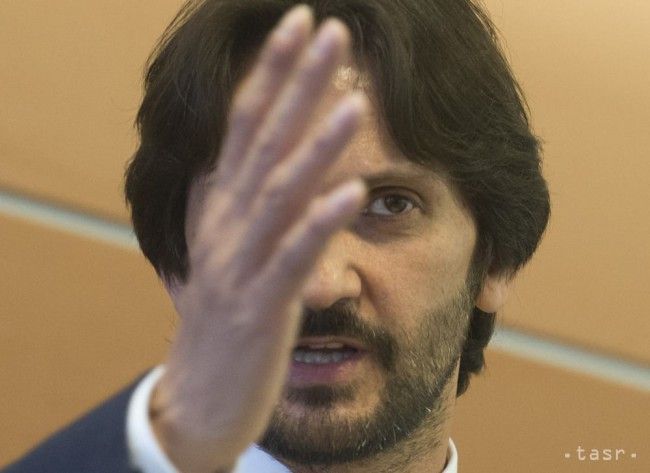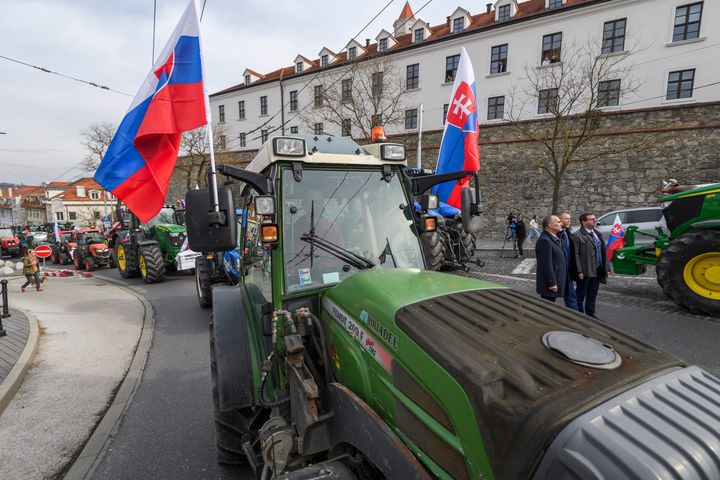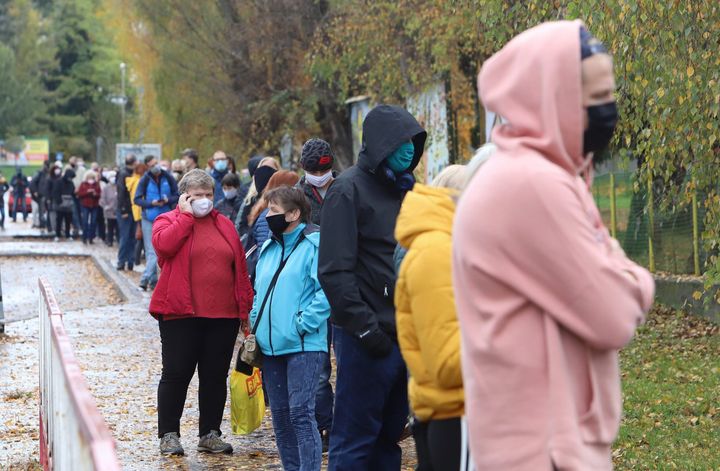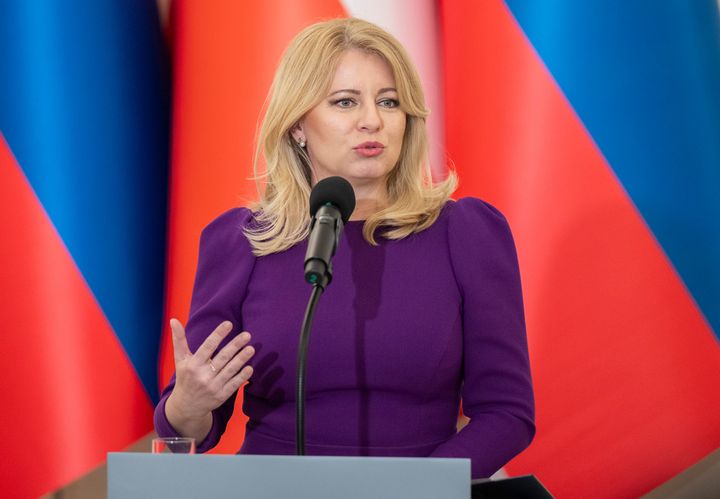Kalinak: General Asylum Main Mistake in Border Protection Recently

Bratislava, November 15 (TASR) – Proper protection of external Schengen borders boosts internal security and actively prevents illegal migration, stated Slovak Interior Minister Robert Kalinak at a plenary meeting of the Conference of Parliamentary Committees for Union Affairs of Parliaments of the European Union (COSAC) in Bratislava on Tuesday.
Kalinak stressed that people often confuse illegal migration and refugees, with illegal migrants automatically viewed as asylum seekers. Meanwhile, the current migration crisis was aggravated by the ditching of the quality readmission process.
“It is of utmost importance to maintain readmission agreements, i.e. agreements on returning illegal migrants to the countries where they crossed the Schengen area border,” said Kalinak, adding that this appears to be what has failed recently in the EU.
Another important element in border protection is a quality asylum policy. If this is ignored, even partially, it will backfire at some point, said Kalinak.
According to him, the general asylum granted to illegal migrants by EU countries has been the biggest mistake vis-a-vis border protection in recent years. Europe hasn’t been able to absorb such huge numbers of people and integrate them appropriately. At the same time poor quality integration leads to radicalisation, said Kalinak.
When it comes to Syrian refugees, many European countries have decided to grant them asylum regardless of whether these people were persecuted in their home country. “War refugees should be given temporary protection. After the conflict is over, they should return to their home country in order to rebuild it. If we, so to speak, rob the country of its elite people by bringing them to Europe, who will then reconstruct Syria?” said Kalinak, adding that Syria used to be one of the most advanced countries in the Middle East.
In contrast to war refugees, asylum should only be given to persecuted individuals, stressed Kalinak.



